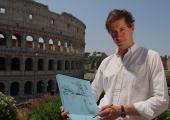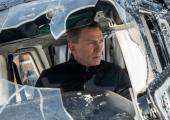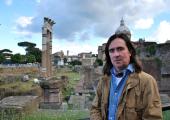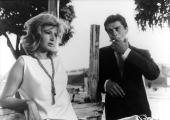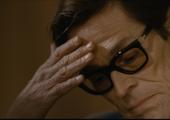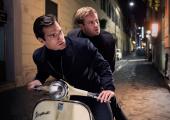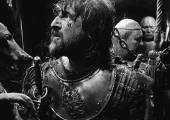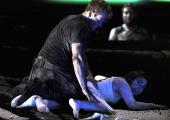Mary Beard's Ultimate Rome: Empire without Limit, BBC Two

How did all the roads in the ancient world end up leading to Rome?
The world of antiquity, from Greece to Rome, is both so familiar and so unknown. So it was more than welcome when the immensely knowledgable Professor Mary Beard – the role of the academic, she announced, is to make everything less simple – enthusiastically embarked on this four-part televisual history of Rome and its empire’s rise and fall. Inviting us to share her passionate interest in Roman history, she was almost obsessively determined to ensure that we too can understand why the subject is so compelling and important.

